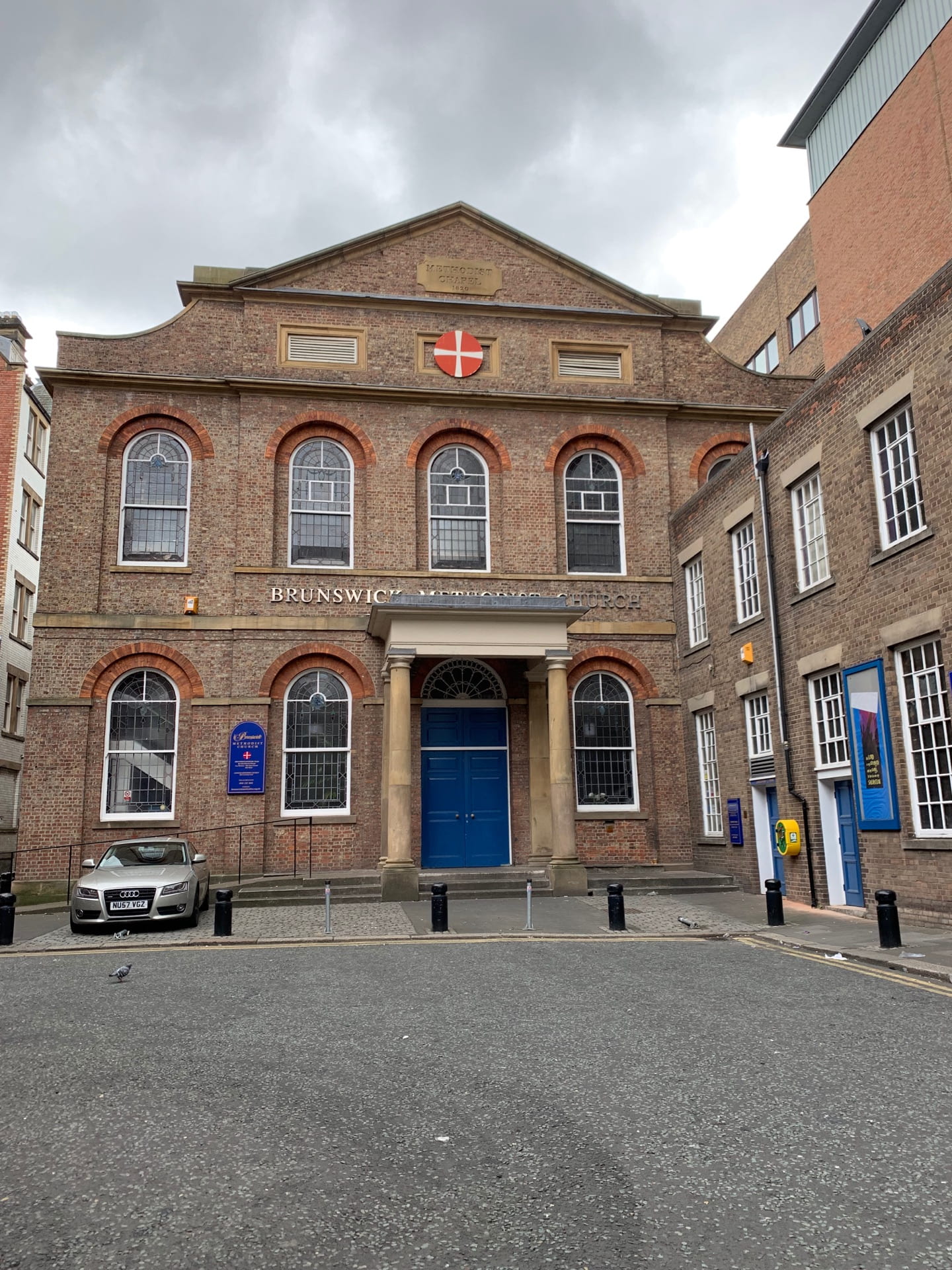This week we’re reading William Wells Brown’s Clotel.
Supplementary Reading (select one):
- “Clotel,” Hereford Times (17 December 1853) — Starts on page 215
- “W.W. Brown’s New Work,” National Anti-Slavery Standard 31 December 1853 (Review republished from the London Eastern Star) — Starts on page 218
- “Clotel” Anti-Slavery Advocate 2 (January 1854) — Starts on page 220
- “Clotel” Tait ’s Edinburgh Magazine 21 (January 1854) — Starts on page 222
- “Clotel” Bristol Mercury (28 January 1854) — Starts on page 223
- “Banvard’s Panorama of the Mississippi and Missouri Rivers,” Illustrated London News (9 December 1848) — Starts on page 256
After describing his life and his journey away from the United States, Brown remarks in his autobiography that, “England is, indeed, ‘the land of the free and the home of the brave’” (62). This rhetorical turn away from America opens a number of ways that we might think about his writing in Clotel. For this first blog post I’d like for us to consider what role England plays in the novel (perhaps including its publication) and in Brown’s prefatory autobiography. As we discussed in week one, reading these transatlantic African American writers allows us insights into the concepts of both American exceptionalism and southern exceptionalism.
For your first post, please select a passage from the novel or autobiography (aside from the one I quote above) that you think works within the concept of either American exceptionalism or southern exceptionalism. Please have an opening paragraph, and then one that introduces your quote. (Be sure to type and attribute or cite your selected quote correctly.) Next, please explain how this selected passage demonstrates, engages, or allows us to think critically about either American exceptionalism or southern exceptionalism.
After that, please draw from one of the above supplementary works contained in the back of your book. Explain how this review or news item from England adds to our understanding of how Brown and his work were received abroad. What stands out to you about this news item? What is surprising, interesting, or challenging to understand? Similar to the instructions above, please also select a direct quote from this supplementary material and show how it adds to our understanding of Brown, Clotel, and/or how the myths of American and/or southern exceptionalism are working. If you would like bonus points, you may draw from two of the above supplementary sources to compose your post. The very best posts might even go so far as to look up something about the news source from which the supplementary reading is drawn.
If you are so inclined, you may also find it useful to draw selected quotes from Brian Ward’s work to make your points about how you think reading Brown’s work in our transatlantic reading context shapes how we might think about this first African American novel.
Lastly, you will need to include one “featured image” for you post. You might find this page from the Southern Historical Collection useful for using illustrations from the book: https://docsouth.unc.edu/southlit/brown/menu.html. You could also look into finding images related to the newspapers of the supplementary readings. You may include additional images, links, or .gifs as useful and appropriate.
Please feel encouraged to be creative and innovative!
